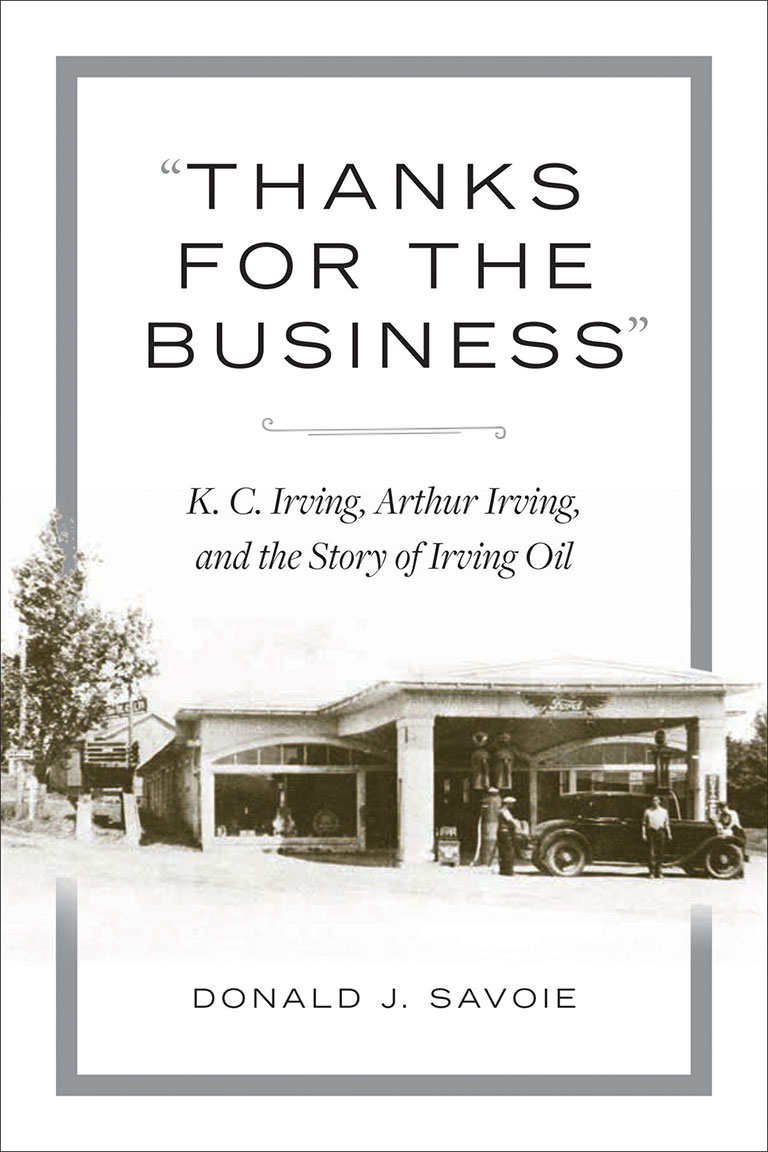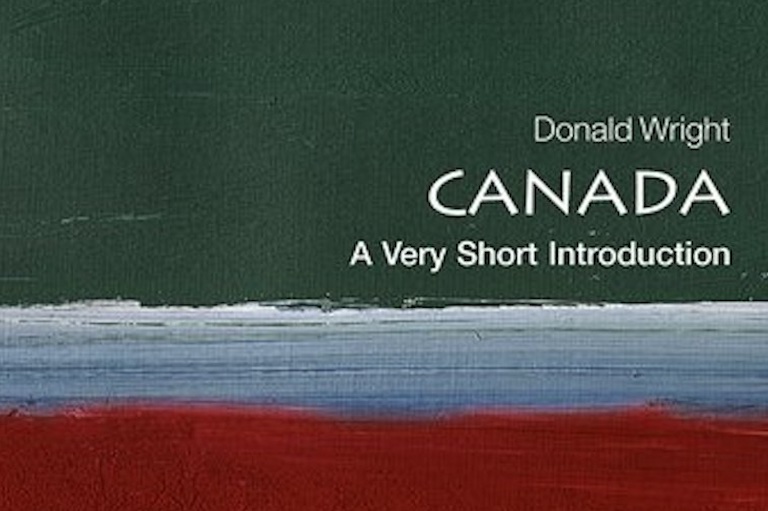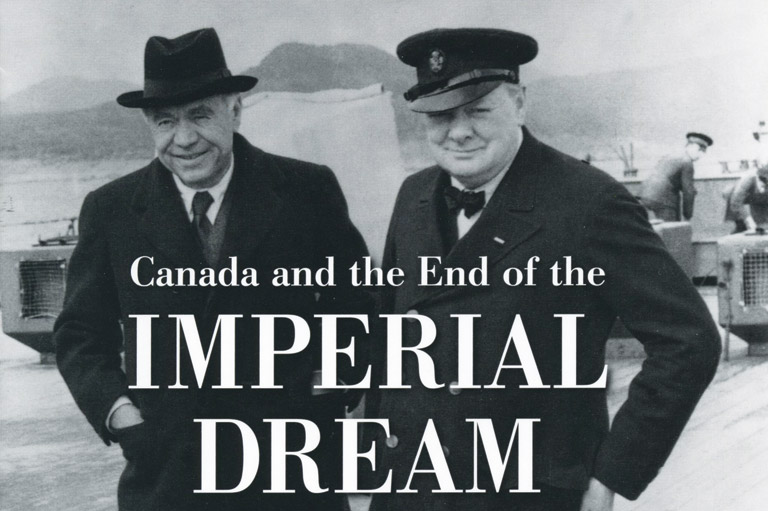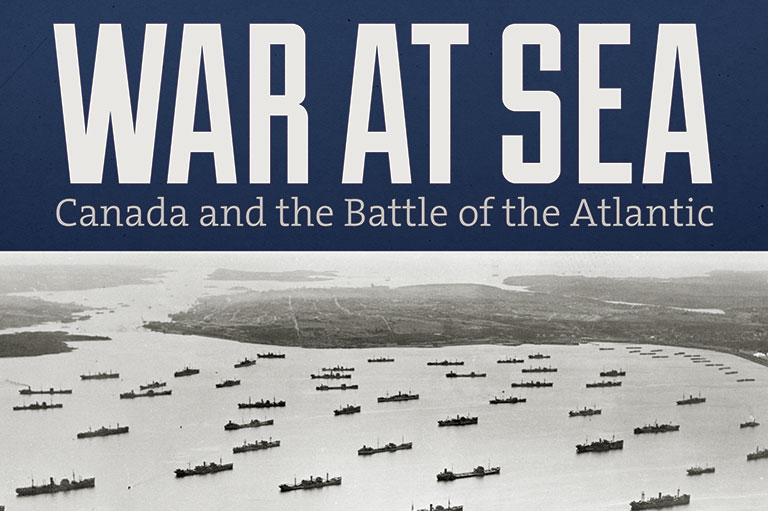"Thanks for the Business"

“Thanks for the Business”: K.C. Irving, Arthur Irving and the Story of Irving Oil
by Donald J. Savoie
Nimbus Publishing,
352 pages, $29.95
Donald Savoie is Canada’s leading expert on public administration. His sharp, unflinching analysis, particularly of the centralization of decision making in the Prime Minister’s Office, has shaped two decades of debate about political power. So it is perplexing to see him act the starstruck fan in his biographies of Maritime tycoons, including in “Thanks for the Business”: K.C. Irving, Arthur Irving, and the Story of Irving Oil. This self-described “celebration” of the billionaires steers clear of their controversies and brims with platitudes. We are reminded dozens of times how the Irvings work hard and put customers first.
What distinguishes Savoie’s book from other recent studies of the Irvings is his access to Arthur Irving, the ninety-year-old second son of empire-building tycoon K.C. Irving. Savoie is upfront about his lack of objectivity: The book, he tells us, was the brainchild of Arthur’s wife, Sandra, whom the author describes as “a very special friend.” It includes photos of the author and the book’s subject enjoying travels together in Boston and in Scotland.
New Brunswick has plenty of Irving cheerleaders, and with his stellar credentials Savoie is a credible one. He argues that Maritimers must rely on entrepreneurs, not governments, for economic growth. Fair enough, but his case for Irving is selective. Arthur’s earnest, down-to-earth fondness for his employees is invoked repeatedly, but the bruising, two-year-long strike at the Irving Oil refinery a quarter century ago isn’t mentioned once. Savoie defends Irving’s offshore tax arrangements while admitting that he lacks the tax expertise to say whether the company pays its fair share. On climate change, Canada’s leading public-policy expert quotes the owner of Canada’s largest oil refinery as saying, “We want to be part of the solution”; but he is silent on Irving Oil dropping its goal of reducing emissions by seventeen per cent, as reported by Reuters in 2019.
Savoie covers climate change in six pages, half the space he devotes to lamenting the long-dead Chignecto Canal proposal championed by K.C. Irving. (The canal would have crossed the isthmus between New Brunswick and Nova Scotia, creating a shortcut for freighters like those used by Irving Oil.) Savoie blames Ottawa’s indifference to Atlantic Canada, drawing a parallel to the cancelled Energy East pipeline that would have carried Alberta crude to Saint John, New Brunswick. That comparison is a stretch, and Savoie wrongly asserts that Irving’s refinery would have replaced Saudi oil with Canadian product. He ignores Irving Oil CEO Ian Whitcomb’s 2016 acknowledgement to the National Post that the company would refine Alberta oil “as the economics dictate, but probably not at the expense of our Saudi barrels.”
There is another omission. More than a decade ago, Arthur’s son Kenneth, as CEO of Irving Oil, was nudging it toward greener energy sources such as tidal power. The Globe and Mail later reported that Arthur would not “get out of the way” and let Kenneth run the company; sometimes father berated son in front of senior executives, showing “disdain” for his approach. Kenneth Irving subsequently left Irving Oil in 2010.
Given that a principal thread in the book is how Arthur learned his business ethos from his own father, Savoie’s refusal to probe the billionaire’s rupture with his own son is glaring. Likewise, he does not explore what direction Arthur’s new heir apparent, daughter Sarah, might take, nor the complex and contentious dividing up of the Irving conglomerate between Arthur and his brothers. These bonds, or their fractures, can affect an entire province’s economy. Yet during all the time he spent with Arthur Irving, Savoie writes, he “did not ask any questions about his family or his relationships with members of the other Irving families.” And that’s a shame.
Themes associated with this article
Advertisement




